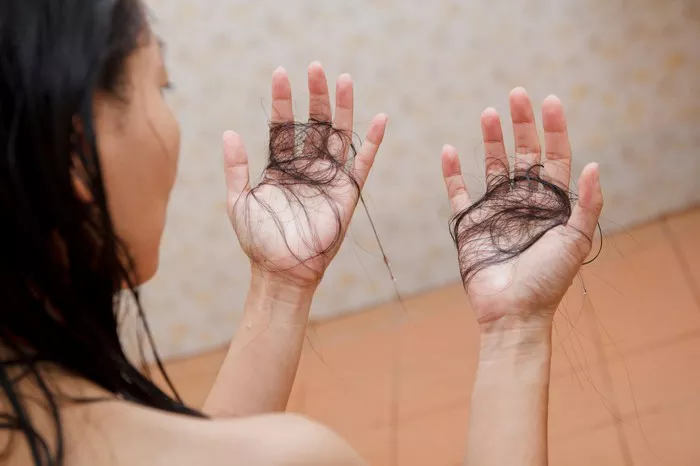In recent years, actress Jada Pinkett Smith has opened up about her personal battle with alopecia, shedding light on a condition that affects millions worldwide. Alopecia, characterized by sudden hair loss, can have profound emotional and psychological impacts on those who experience it. In this article, we delve into the intricacies of alopecia, examining its causes, symptoms, diagnosis, treatment options, and its profound impact on individuals like Jada Pinkett Smith.
Overview of Alopecia
Alopecia is a broad term encompassing various forms of hair loss. One of the most common types is alopecia areata, which involves the sudden onset of round patches of hair loss on the scalp or elsewhere on the body. This condition can progress to alopecia totalis, where all hair on the scalp is lost, or even to alopecia universalis, resulting in total body hair loss.
Jada Pinkett Smith’s Experience
Jada Pinkett Smith, a prominent figure in the entertainment industry, has been candid about her journey with alopecia. In interviews and social media posts, she has shared her struggles and triumphs, becoming a beacon of strength for others facing similar challenges. Pinkett Smith has spoken openly about the emotional toll of losing her hair and the journey of self-acceptance that followed.
Causes of Alopecia
While the exact cause of alopecia remains elusive, it is widely believed to be an autoimmune disorder. In individuals with alopecia areata, the immune system mistakenly targets hair follicles, leading to their destruction and subsequent hair loss. Genetic predisposition and environmental factors may also play a role in triggering the condition.
Symptoms and Diagnosis
The hallmark symptom of alopecia areata is the sudden appearance of round bald patches on the scalp or other areas of the body. These patches may vary in size and can progress over time. In some cases, individuals may experience tingling or itching in the affected areas prior to hair loss. Diagnosis is typically made through a physical examination and may involve additional tests to rule out other potential causes of hair loss.
Jada Pinkett Smith’s experience aligns with these symptoms, as she has described the sudden onset of hair loss and the emotional impact it had on her life.
Treatment Options
While there is currently no cure for alopecia, various treatment options are available to help manage the condition and promote hair regrowth. These may include:
1. Corticosteroids: Injections of corticosteroids directly into the affected areas can help suppress the immune response and stimulate hair regrowth.
2. Topical Immunotherapy: This treatment involves applying a chemical irritant to the skin to provoke an immune response, potentially leading to hair regrowth.
3. Minoxidil: A topical medication that is applied to the scalp to promote hair regrowth in some individuals.
Phototherapy: Treatment with ultraviolet light to help stimulate hair regrowth.
It’s important to note that the effectiveness of these treatments can vary from person to person, and not all individuals may respond positively.
Impact on Individuals
Beyond the physical aspects, alopecia can have profound emotional and psychological effects on those affected. The sudden and visible nature of hair loss can lead to feelings of self-consciousness, low self-esteem, and depression. Individuals may struggle with their identity and sense of femininity or masculinity, as hair often plays a significant role in how we perceive ourselves and are perceived by others.
Jada Pinkett Smith’s journey exemplifies the emotional rollercoaster that accompanies alopecia. Through her public discussions and advocacy, she has highlighted the importance of self-love and acceptance in overcoming the challenges posed by the condition. By sharing her story, Pinkett Smith has empowered others to embrace their uniqueness and find strength in their vulnerabilities.
In conclusion, alopecia is a complex and multifaceted condition that can have far-reaching effects on those it affects. By raising awareness, fostering understanding, and providing support, we can help individuals like Jada Pinkett Smith navigate their journey with alopecia with dignity and resilience.


